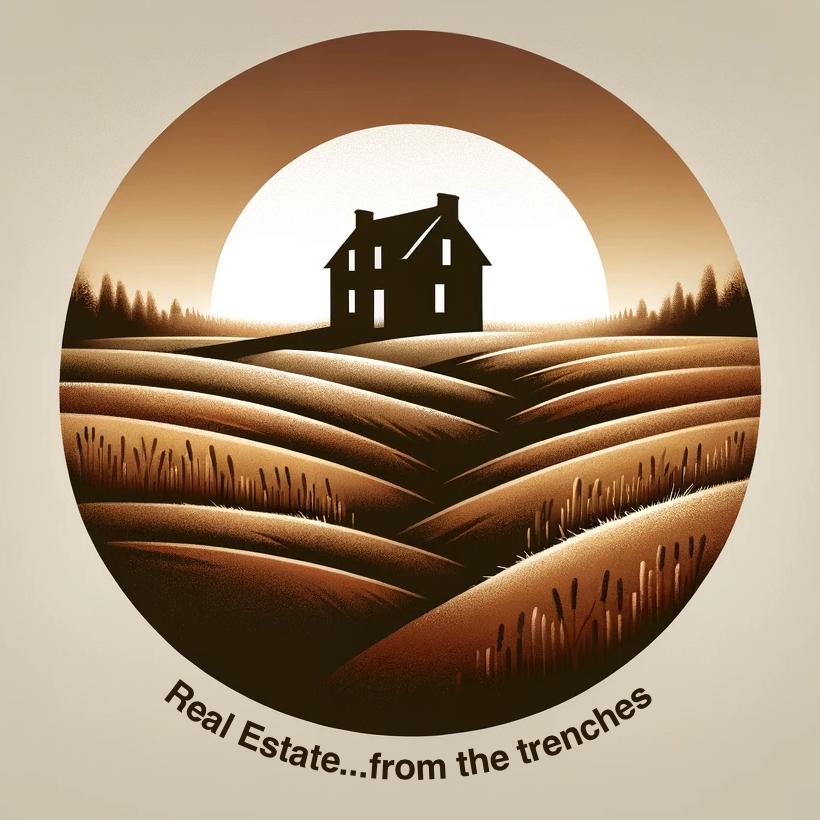
There’s no question the real estate industry is in the middle of a shift, and not a subtle one. The recent report from the Consumer Policy Center on low-fee brokers makes it even clearer: change is here, and it’s accelerating. The traditional 5-6% commission structure, long defended and protected by entrenched interests, is finally being questioned not just by regulators and plaintiffs in class-action suits, but more importantly, by consumers themselves. And for good reason.
For decades, the industry has relied on a model where the seller typically pays both sides of the commission, regardless of the quality or actual involvement of the agents on either side. That made sense when MLS access and market knowledge were tightly held by agents, but in 2025, information is no longer a gatekept asset. Buyers and sellers come to the table with more data and resources than ever before, and naturally, they’re beginning to question whether the services provided justify the cost.
The report outlines just how much consumers could potentially save by using low-fee or flat-fee brokerages. On a $400,000 home, a seller might pay $12,000 in commission using a traditional listing agent, but perhaps only $4,000 to $6,000 with a low-commission or flat-fee option. In some cases, it might be as low as $1,000. That’s not small change. And when you consider that nearly half of homeowners surveyed by the Consumer Policy Center said they would consider hiring a broker who charges 1 to 1.5%, it’s obvious this isn’t just theoretical interest, it’s a real shift in consumer behavior.
From where I sit, this isn’t just about the money, though. It’s about value. I’ve always believed that good agents earn their commission, and that a full-service, experienced agent can add real value, especially when the stakes are high and the deal is complicated. But what this report highlights is the variability in service quality across the industry. There are full-time pros who deliver real guidance and advocacy, and then there are part-timers and undertrained agents who are simply not equipped to navigate today’s market. When everyone is charging the same fee regardless of performance, it’s no wonder that consumers start looking for alternatives.
At the same time, this presents a challenge to brokerages and agents who do provide top-tier service. We’re going to have to do a better job of communicating our value and differentiating ourselves from the pack. That means not just talking about service, but showing it. It means investing in education, technology, and support systems that actually make the buying and selling experience better. The agents who survive and thrive in this new landscape will be the ones who treat real estate as a profession, not just a hustle.
One of the more interesting points in the report is that many of these low-fee services, especially the flat-fee MLS listing companies, aren’t really offering personal service. And for some sellers, that’s fine. If they know what they’re doing, or if they’ve already found a buyer, they may just need help getting their property in front of buyers. But there are big limitations too. These companies usually don’t handle pricing strategy, negotiations, inspection issues, or closing complications, and that’s where experienced agents can still provide major value. So the risk for consumers is that they’ll save money upfront but lose more in the long run if the transaction isn’t handled properly.
Still, this isn’t a wave we can ignore. Brokerages that double down on transparency, fair pricing, and customer service will not only survive, they’ll likely come out stronger. On the flip side, agents and companies who try to hold onto the status quo, or hide behind vague commission structures and outdated practices, are going to find it harder and harder to compete.
Ultimately, this isn’t just about low-fee brokers. It’s about a broader realignment between what consumers want, what they’re willing to pay for, and what real estate professionals can deliver. In the long run, I believe this shift can be a good thing for the industry if we lean into it. If we raise the bar for service and professionalism while embracing a wider range of business models, we’ll be better positioned to serve a more educated, cost-conscious, and empowered consumer base. And that’s the kind of change that benefits everyone in the transaction.
Access the complete report, “Reducing real estate commissions: are low-fee brokers a viable alternative for home sellers?” from the Consumer Policy Center below;
